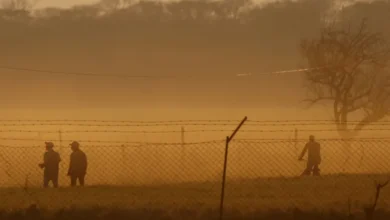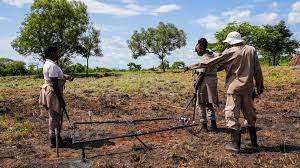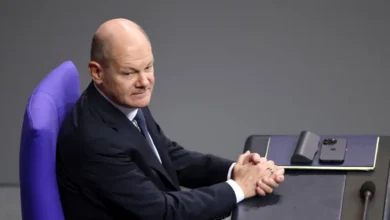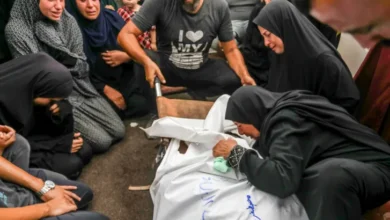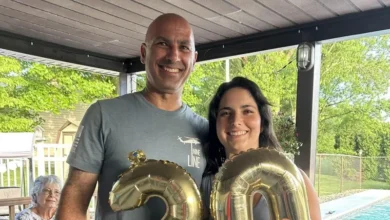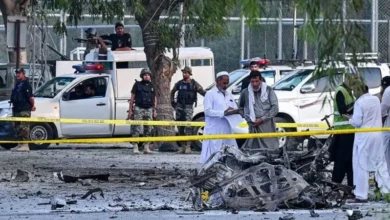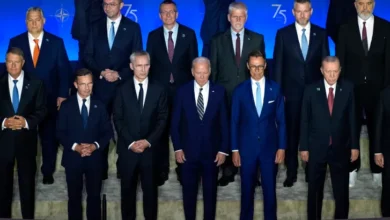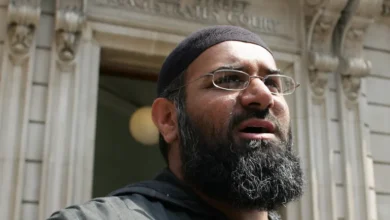A test of wills: Can ECOWAS reverse Niger coup and establish a new order?
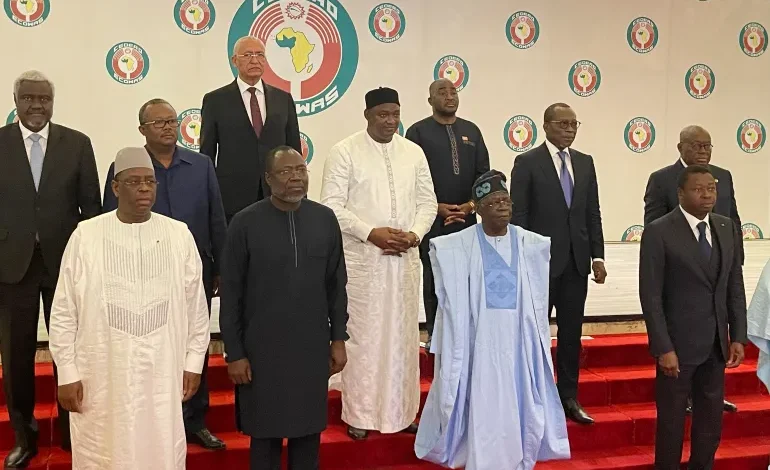
On July 9, when Nigeria’s President Bola Tinubu was appointed chairman of the Economic Community of West African States (ECOWAS), he was emphatic that the region which had witnessed five successful coups since 2020, would not tolerate any more.
“We must stand firm on democracy. There is no governance, freedom and rule of law without democracy,” he said.
The first test of that resolve has now come.
Just 15 days after that speech, members of Niger’s presidential guard detained President Mohamed Bazoum and announced a change of government – the fourth West African country to do so in as many years.
Tinubu swiftly denounced the coup and dispatched a delegation headed by Benin President Patrice Talon to Niamey for mediation. The Nigerian president has also had separate calls on the matter with US Vice President Kamala Harris and other foreign leaders.
On Sunday, he chaired an emergency ECOWAS summit in Abuja that ended with the imposition of a number sanctions, including a no-fly zone over Niger. The bloc also issued a one-week ultimatum to the Abdourahmane Tchiani-led interim military government in Niger to restore constitutional order or risk the possible use of force.
‘Nigeria is back’
Analysts say Tinubu’s prompt reaction has injected new energy into Nigeria’s geopolitical leadership in Africa after its conspicuous absence since Olusegun Obasanjo’s tenure as president between 1999 and 2007.
“With Tinubu’s posture, we can see that Nigeria is back on stage,” Remi Ajibewa, former director of political affairs at the ECOWAS Commission who was also present at the summit, told Al Jazeera.
But ahead of the ECOWAS ultimatum, there are questions about whether Tinubu can stamp his authority like Obasanjo, a former general whose fierce anti-coup stance helped deter coup plotters in Africa.
